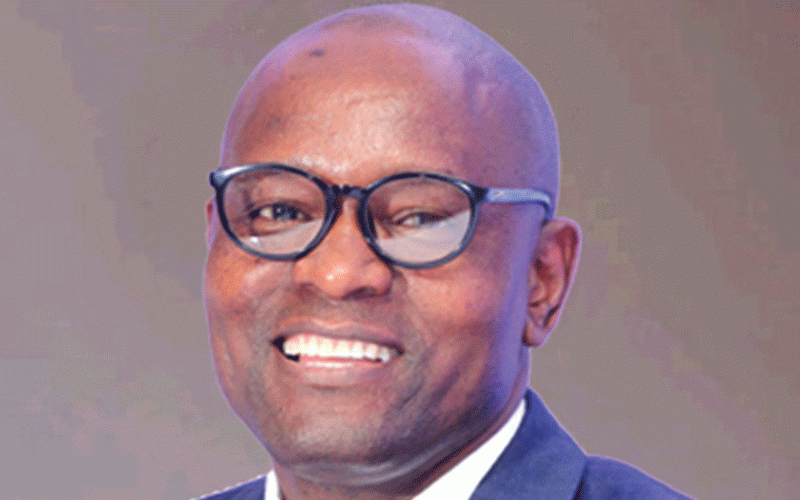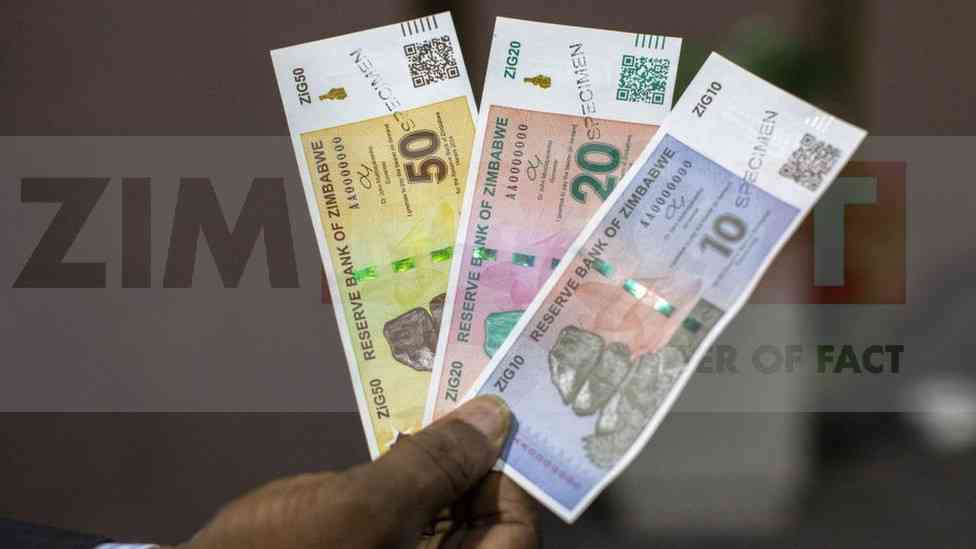ECONOMISTS this week sounded the alarm on Zimbabwe's sluggish pace of debt repayment, cautioning that the country's credibility as a borrower was at stake.
As the nation struggles to meet its financial obligations, its ability to secure vital funding from international lenders hangs in the balance, with far-reaching implications for its economic future.
The country’s debt repayment efforts have been sluggish, managing to pay only US$24,56 million to external creditors between January and May this year, despite owing a staggering US$12,3 billion, according to the latest available data. The southern African nation had a total debt overhang of US$21 billion as at June 2024, as the debt situation continues to deteriorate, posing significant threats to national development and access to global financial markets.
The figure stood at US$17,7 billion last year. According to the 2024 mid-term budget review, the debt consisted of external debt stock amounting to US$12,3 billion and domestic debt stock of US$8,7 billion. Payments to external creditors amounted to US$19,8 million between January and May 2024.
Payments were made to China Exim Bank for the NetOne Network Expansion Phase 1 and Victoria Falls International Airport Expansion projects. Under legacy debts, Dutch farmers were paid US$2,5 million, while US$60 000 was paid towards servicing a debt to Equatorial Guinea. In addition, token payments for the same period amounted to US$2,2 million. Government also made domestic debt payments on maturing treasury bills during the period January to June 2024. Finance, Economic Development and Investment Promotion minister Mthuli Ncube said in order to unlock disbursements for on-going projects and programmes, the government will "prioritise debt
service payments to active portfolios."
In addition, he said the government will continue making quarterly token payments to international financial institutions, the African Development Bank, the World Bank and the European Investment Bank and the 16 Paris Club creditors as a sign of commitment to the engagement and re-engagement agenda.
- Triangle retrenches as economy bites
- Caledonia in US$42 million capex drive for 2025
- Mukuru launches mobile wallet in Zim to bolster financial inclusion
- Economy heads for a bloodbath: Biti
- NBS completes Glaudina housing project ahead of schedule
However, economists and analysts said delays in debt repayment will affect the country’s creditworthiness and its ability to secure future funding from international lenders.
“When a country demonstrates a lack of commitment or ability to repay its existing debts, it undermines the confidence of international creditors,” development economist Chenayimoyo
Mutambasere said.
“This leads to higher borrowing costs, as lenders would demand a risk premium to compensate for the perceived higher risk of default.
“Moreover, international financial institutions like the IMF [International Monetary Fund] and World Bank may be hesitant to extend new lines of credit or may impose stringent conditions, further constraining Zimbabwe’s access to essential financial resources.
“This is especially an issue given the current decline in mining and agriculture industries as reported in the midterm budget review,” she added. The economist noted that the increasing debt overhang severely limits Zimbabwe’s fiscal space, restricting the government’s ability to allocate funds towards developmental projects.
“A significant portion of government revenue is diverted to service debt, leaving fewer resources available for critical sectors such as infrastructure, healthcare, and education,” Mutambasere said. “Already we have witnessed delays in completion of vital infrastructure projects such as Deka and Hwange Thermal power station.
“This diversion hampers economic growth and undermines efforts to reduce poverty. The lack of investment in these essential areas can
stifle economic development, leading to a cycle of slow growth and increased poverty, as the government struggles to meet the needs of its population and stimulate economic activity.”
Economist Stevenson Dhlamini underscored that the persistent delay or defaults on debt repayments could lead to a downgrade in Zimbabwe's credit rating, which will in turn make it harder and more expensive for the country to access external financing. This, he said, could deter investors and lenders which hamper economic growth prospects and poverty reduction efforts.
“The increasing debt overhang in Zimbabwe also puts significant pressure on the country's fiscal space, limiting its capacity to implement crucial developmental projects,” Dhlamini said.
“So, with a substantial portion of government's revenue allocated to debt financing, there are fewer resources available for essential investments in infrastructure, healthcare, education, and other sectors which are vital for sustainable development.
“This constrained fiscal space poses challenges to Zimbabwe's economic growth potential and poverty alleviation initiatives, as resources are now being diverted away from the critical services towards servicing external debt.” Prosper Chitambara, another economist, said public domestic borrowings have a crowding out effect, meaning the private sector is crowded out of the domestic market by the government.
“So it also weakens even the capacity of local investors to be able to access credit to finance their working capital requirements. It is definitely an impediment; the debt situation is an impediment to economic development,” he said.
“Our premium remains very high and obviously that then affects even foreign investment inflows into the economy but it is a very difficult situation because it is not something that can be solved overnight.
“As long as the economy is not growing fast enough, then it will be difficult to sustainably address the debt situation.” Economic analyst Victor Bhoroma said the increasing debt piles more burden on the taxpayers, especially vulnerable citizens and struggling businesses as the government comes up with new tax heads to get maximum revenues for token payments. He said developmental projects were difficult to implement or sustain as financiers were concerned about repayment, past record, debt utility and creditworthiness.
“This is the reason why Zimbabwe lags behind its Sadc peers on development. Lower taxes and tax holidays incentivise consumption and economic growth, hence a huge debt overhang makes it hard to reduce poverty levels,” he noted.
As a way forward, Bhoroma said the government needed to curtail its spending to reduce fiscal deficits. “Zimbabwe requires a clear PPP (public private partnership) act to
unlock funding of infrastructure projects by private sector financiers instead of using scarce public resources or direct debt on projects that have self-financing models,” he submitted.













